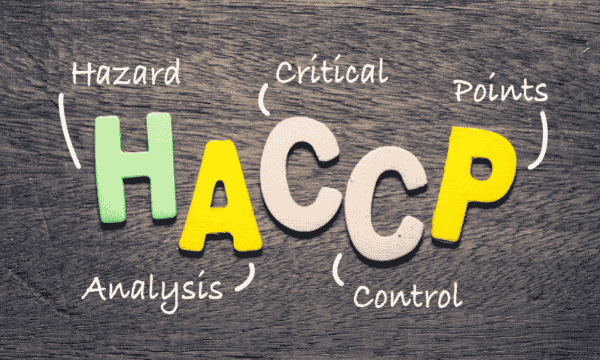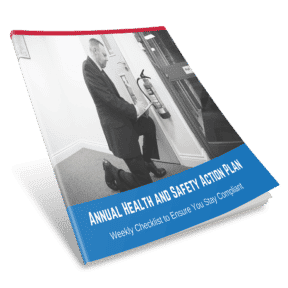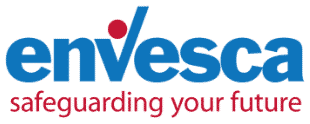What Are HACCP Pre-Requisites?
One of our more frequently asked questions is “What are HACCP prerequisites?” In this article, we explain what should be included in a prerequisite programme and how to implement and control prerequisites.

Pre-Requisites as a Starting Point
Before a HACCP plan can be implemented there should be some controls that operate across all production. HACCP is specific to a business. However, prerequisites are generic and apply to most food businesses. They refer to hazards that are present across the business (such as pest control) or that are likely to occur at any stage of production.
They are termed prerequisites because they are required before HACCP. If they are implemented and monitored correctly, prerequisite programmes can underpin a HACCP plan and help ensure its success.
What Should be Included in a Pre-requisite Programme?
Although there are some generic prerequisites, before implementing HACCP each business should compile its own list. Generic prerequisites are:
- The use of approved suppliers
- Drinking water
- Integrated pest management
- Stock rotation
- Staff training
- Good design of equipment and premises
- Labelling and traceability
- Personal hygiene of employees
- Cleaning and sanitising
- Preventative maintenance

Master The Art Of Food Safety - Unlock Your Potential Today!
Are you passionate about food safety and committed to delivering excellence? Our Food Safety Courses are designed for individuals like you who refuse to compromise on safety. Take the leap towards becoming a certified expert. Click on the link below and unlock a world of possibilities!
Controlling Pre-requisites
For each prerequisite, there are several factors to consider, such as:
- How is the prerequisite helping to ensure the production of safe food?
- Who will be checking that the prerequisite remains under control?
- What corrective actions are going to be carried out if something goes wrong?
- What documentation must be kept for each prerequisite?
HACCP Training and Implementation
UK legislation requires that food businesses have a Food Safety Management System based on the HACCP principles. Those responsible for the development and implementation of the system should have received adequate training.
If you have a question or enquiry about food safety, please call the team on 01452 502113 or complete our enquiry form.
Find this helpful?
Signup to our email notifications to receive alerts when we publish new blogs. We promise not to spam your inbox, you will just get a short snappy intro to Health and Safety articles we think you will love.
"*" indicates required fields

Annual Health and Safety Action Plan
If you’ve got a question or query, please contact our super friendly team, they will be delighted to help you!
Simply get in touch via phone or email.

Free
Resources &
Downloads
Informative. Useful. Practical.
Here at Envesca we believe that we are good at giving proactive, sensible and useful advice. Below you will find some free resources that you can download on a host of subjects that will help you and your business.
Training Available
Envesca offer a number of different training courses, which offer advice and guidance on these topics.




